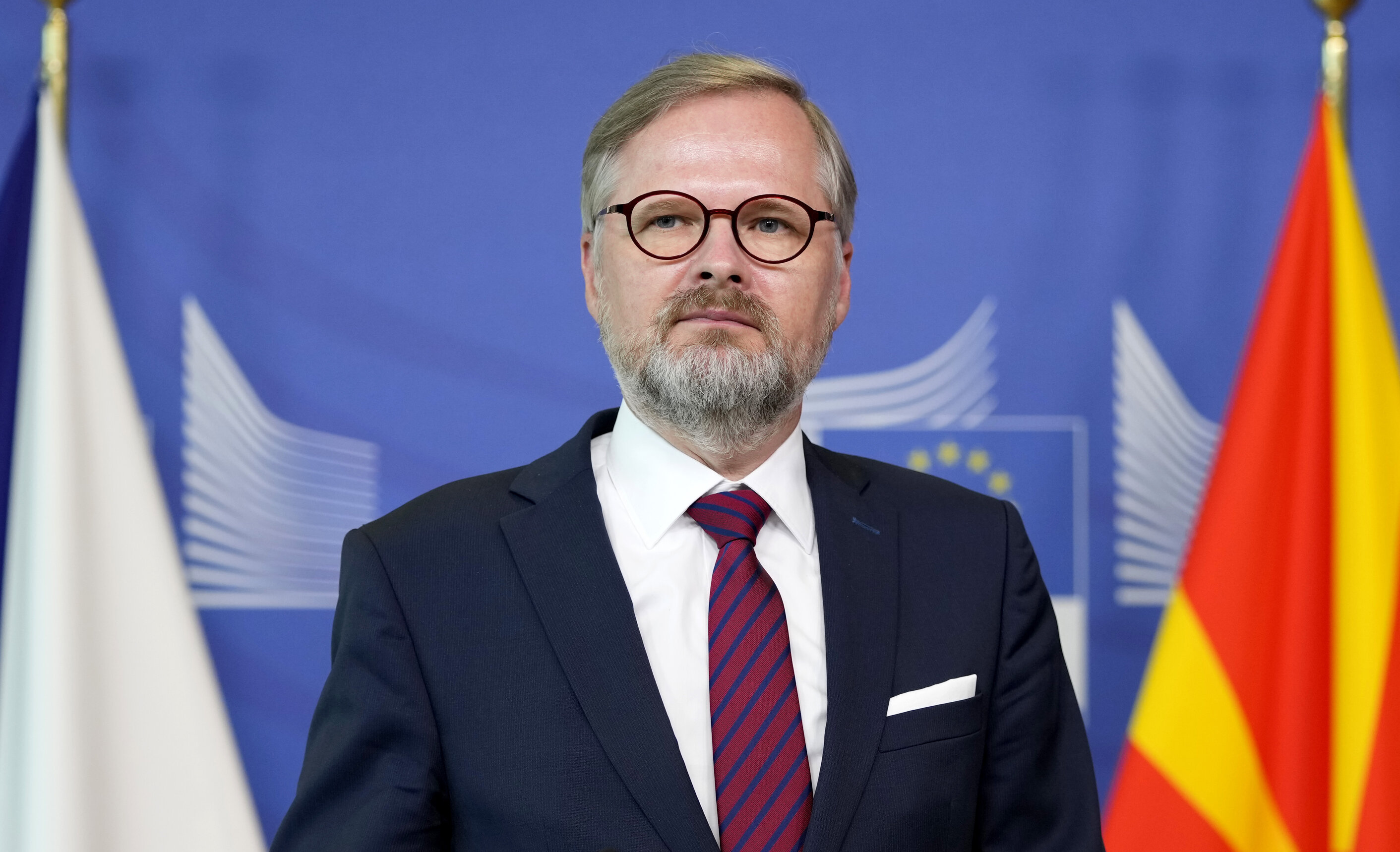Czechs want energy crisis solved before focusing on Ukraine, survey shows
As Czechia completes the first month of its EU presidency, a survey by the STEM agency showed that Czechs would prefer the government use this role to solve the energy crisis over worrying too much about the post-war recovery of Ukraine.
The most important task of the Czech presidency is considered by 79 percent of those surveyed to be “solving the social impacts of the energy crisis.” This topic has a universal response across society, even among opponents of European integration.
“It is based on domestic price developments,” explained sociologist Nikola Hořejš. “The Czechs hope that Europe will cover their backs in this situation. According to our data, four-fifths of the population must start saving significantly, which means even the better-off,” he added.
Regarding energy security, 57 percent of the public wants the government to speed up the transition to green energy. Proposals to make this possible will be on the agenda of the Czech presidency in the coming months.
“Renewable sources are now an obvious alternative to fossil fuels not only because of the climate crisis but also because they increase the energy self-sufficiency of the Czech Republic,” said Helena Truhlá, chief analyst of Czech interests in the EU project. “82 percent of Czechs now want energy self-sufficiency in Europe, which is much more than last summer,” she added.
On the contrary, the topic that appears first in the government’s list of government priorities — the post-war reconstruction of Ukraine and support for its entry into the European Union — is not essential for the Czechs. Only about a third of the public asked the domestic government to focus on Ukraine during its presidency of the EU Council.
However, a government priority, “strategic resilience of the European economy,” is meeting high social demand. According to the respondents, the EU should strive to improve the security of supplies of raw materials and components necessary for the smooth functioning of Czech industry, for example, the automotive sector. This topic ended up in third place in the ranking of public demand.
“The fact that 68 percent of the public supports efforts to reduce dependence on one or a few suppliers of raw materials or components reflects concerns about the further development of relations with Russia as well as with China,” Truhlá explained.
“Europe now imports oil or gas and other critical raw materials from those countries. Among them are raw materials necessary to produce electric motors or electric generators,” she added.
The Czechs also gave overwhelming support to the government in striving for the observance of democratic rules in the individual countries of the union and taking care to protect the independence of the media.
“This mainly reflects that even in the Czech Republic, people do not have the long-term feeling that the courts and institutions function fairly and justly,” Hořejš observed. “According to the data, Czechs have certain doubts about the state of democracy in Hungary and Poland, for example, but do not yet consider it a complete tragedy,” the sociologist added.
In the survey, the STEM agency also found out what information Czechs are most interested in regarding the EU. While they are not so interested in news about various negotiations, they would like to learn more about what benefits Czechia gains from EU membership, and above all, how much money the country receives from the EU annually.
The Czech presidency of the EU began on July 1. Among its goals, the country has set itself the management of the refugee crisis and the post-war reconstruction of Ukraine, energy security, strengthening of defense, strategic resilience of the economy, and preservation of democratic institutions.
Source: Remix News






